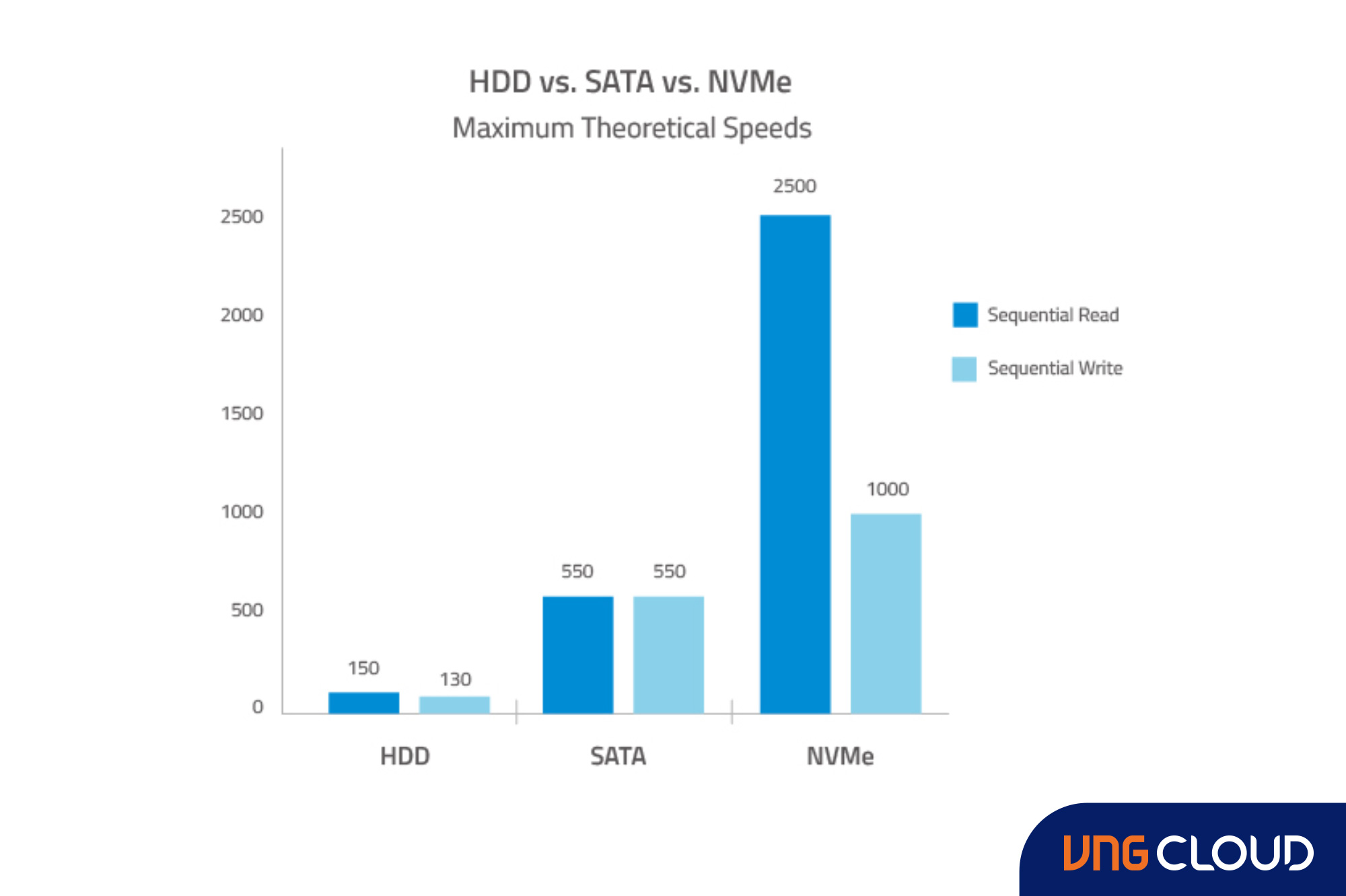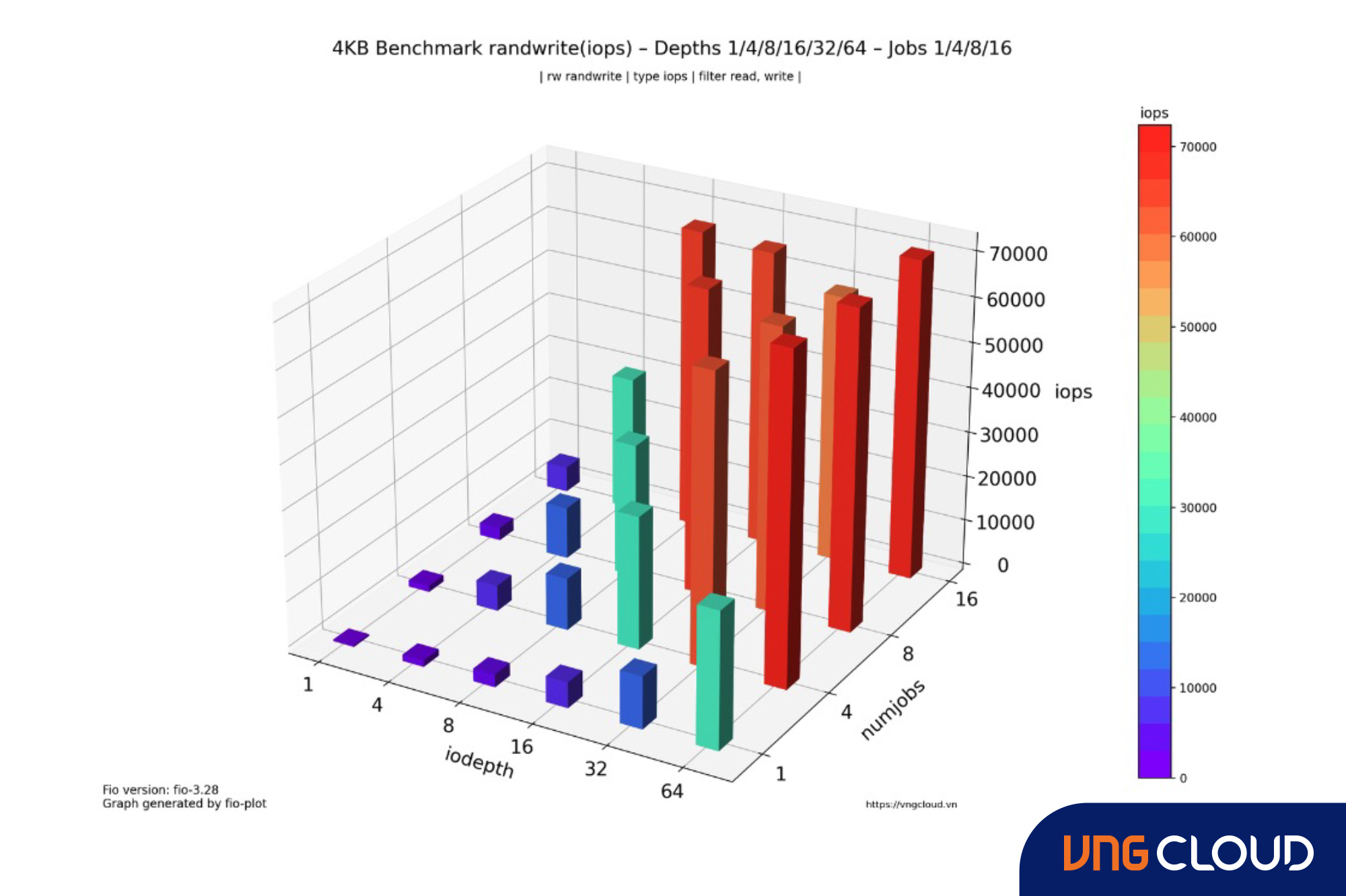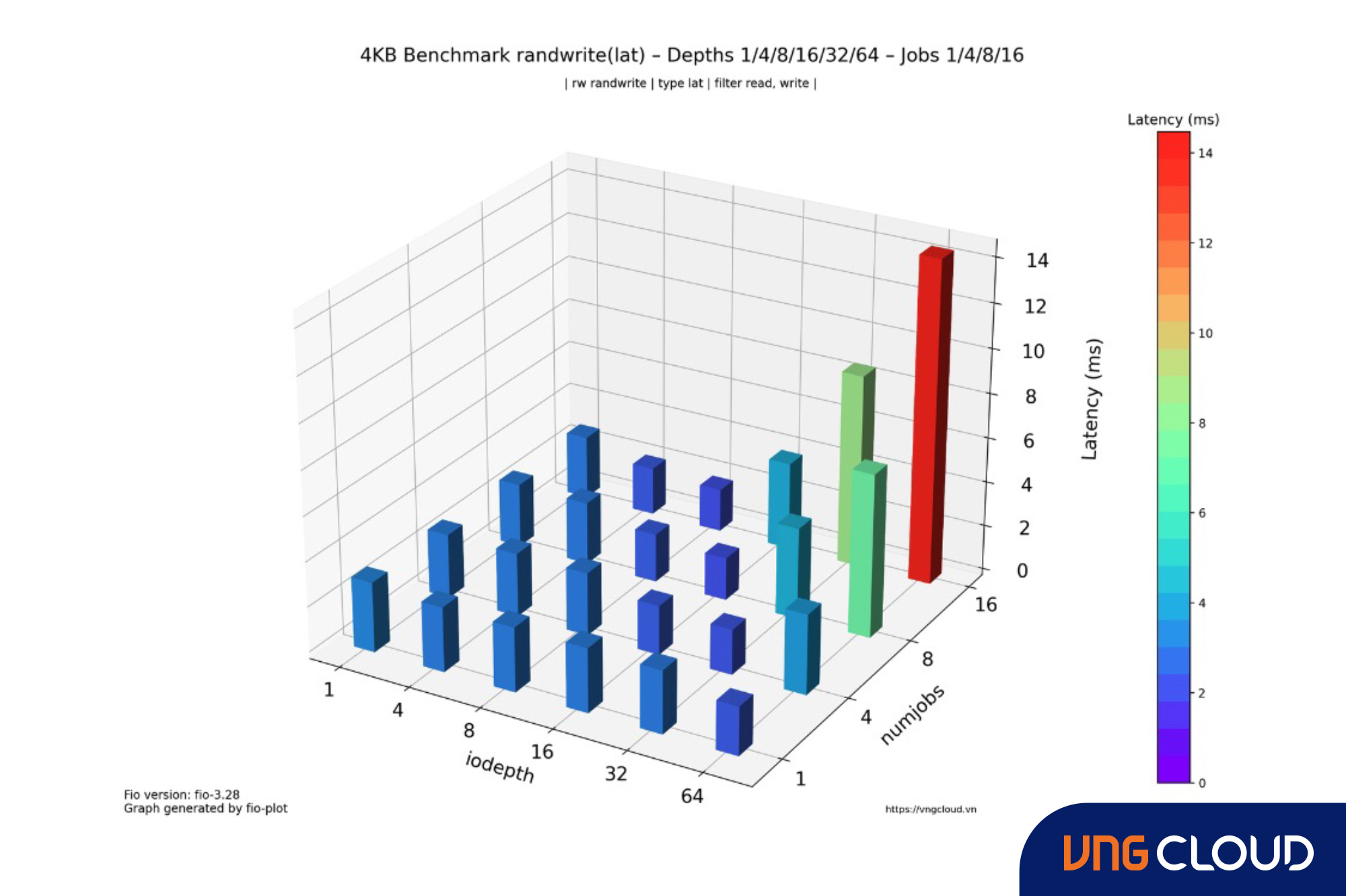In today's technological landscape, the relentless evolution of businesses and data systems has brought forth demands for speed, performance, and swift data processing. Within this context, the necessity of upgrading storage infrastructure has become paramount. Among the leading solutions emerging is the Non-Volatile Memory Express (NVMe) SSD, revolutionizing the way we approach storage technology.
1. What is the NVMe Storage?
NVMe stands for Non-Volatile Memory Express, a new data transfer protocol specifically designed for solid-state memory. It has become an indispensable storage solution in data-intensive environments. Previously, systems often utilized the SATA (Serial Advanced Technology Attachment) interface, allowing only sequential data reading or writing, thereby limiting overall performance. In contrast, NVMe has introduced a significant change with speeds at least 5 times faster than SATA. This stems from NVMe's capability to simultaneously read and write data, unlocking various opportunities for enhancing performance and data processing speed.
2. The Benefits of NVMe
Increased Speed
The most evident and crucial advantage of NVMe storage is its remarkable speed. The astounding speed of NVMe optimizes data access and processing time, ensuring that applications and systems operate smoothly and efficiently.
Enhanced Performance
With its ability to respond rapidly and handle multitasking more effectively, NVMe storage enhanc

Energy Efficiency
NVMe exhibits low power consumption during idle states, resulting in more energy-efficient performance.
High Compatibility
NVMe operates seamlessly across all major operating systems and systems released after 2015, communicating directly with the CPU through the PCIe bus. The majority of NVMe SSDs also utilize the M.2 format, making them compatible with laptops and mini-PCs.
3. Reasons to Upgrade to an NVMe SSD
There are multiple reasons to believe that transitioning to using NVMe will yield positive outcomes for customers in their cloud computing infrastructure applications.
Optimizing Database Performance
For software engineers and data specialists, running crucial databases like MongoDB, MariaDB, or MySQL at optimal speeds is imperative. NVMe can significantly boost the performance of these databases. For instance, in a performance evaluation of MySQL and MariaDB by Percona, after migrating to NVMe storage, the responsiveness of various IO levels surged dramatically without major impacts on performance.


Outstanding performance of NVMe (with VM configuration of 8vCPU-8GBRAM-100GB NVMe-IOPS6000)
Supporting AI/ML Processing
Dealing with AI and ML models demands robust CPU processing capabilities as well as swift data read/write abilities. NVMe storage has demonstrated superiority in meeting these requirements, ensuring efficient processing of complex data without hindrances in storage speed.
Visual Data Representation and Design Simulation Applications
NVMe storage plays a vital role in supporting visual data representation applications like Tableau Visualization and 3D design simulation software. With rapid speeds and robust processing capabilities, working with Big Data and intricate models becomes more effortless.
4. NVMe SSD pricing
Currently, VNG Cloud offers a variety of NVMe SSD packages that are suitable for the needs of businesses, including:
| No. | Product | Unit | Price (VND/GB) |
|---|---|---|---|
| 1 | Gen2-NVMe-IOPS5000 | GB/30 Days | 3.740 |
| 2 | Gen2-NVMe-IOPS10000 | GB/30 Days | 4.851 |
| 3 | Gen2-NVMe-IOPS20000 | GB/30 Days | 7.073 |
| 4 | Gen2-NVMe-IOPS40000 | GB/30 Days | 11.518 |
| 5 | Gen2-NVMe-IOPS60000 | GB/30 Days | 15.962 |
With the incessant increase in data, upgrading storage infrastructure is essential for businesses. NVMe storage has rapidly become a leading solution for optimizing performance and data processing capabilities. It is certain that transitioning to using NVMe will bring numerous benefits and ensure the ability to meet the ever-growing demands for speed and efficiency.
Visit vServer now to experience the entirely new NVMe storage.